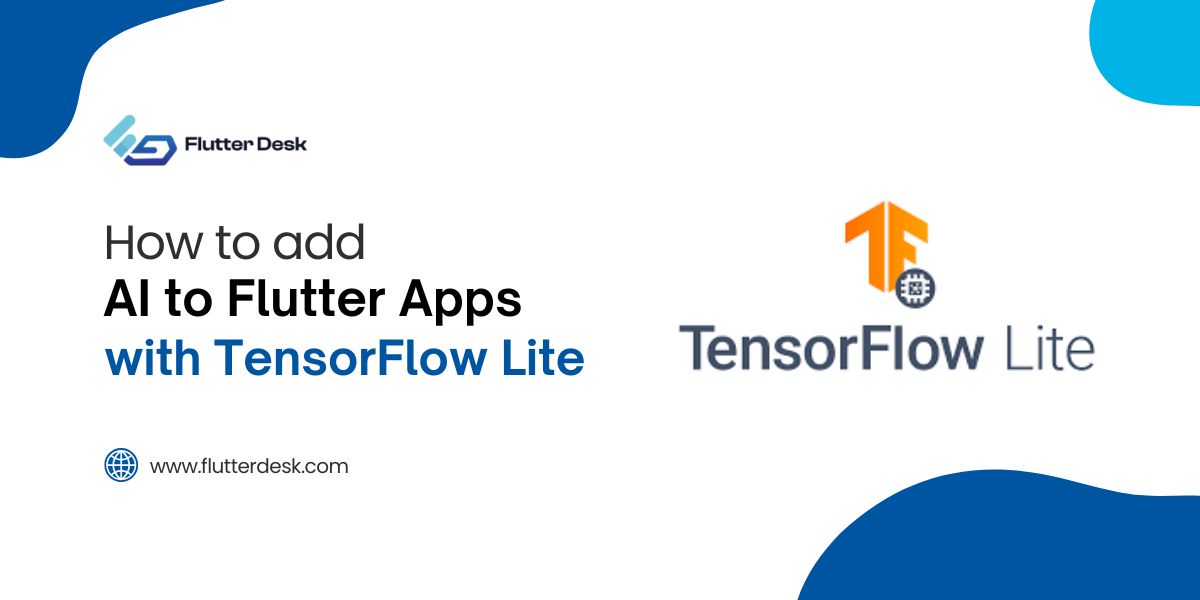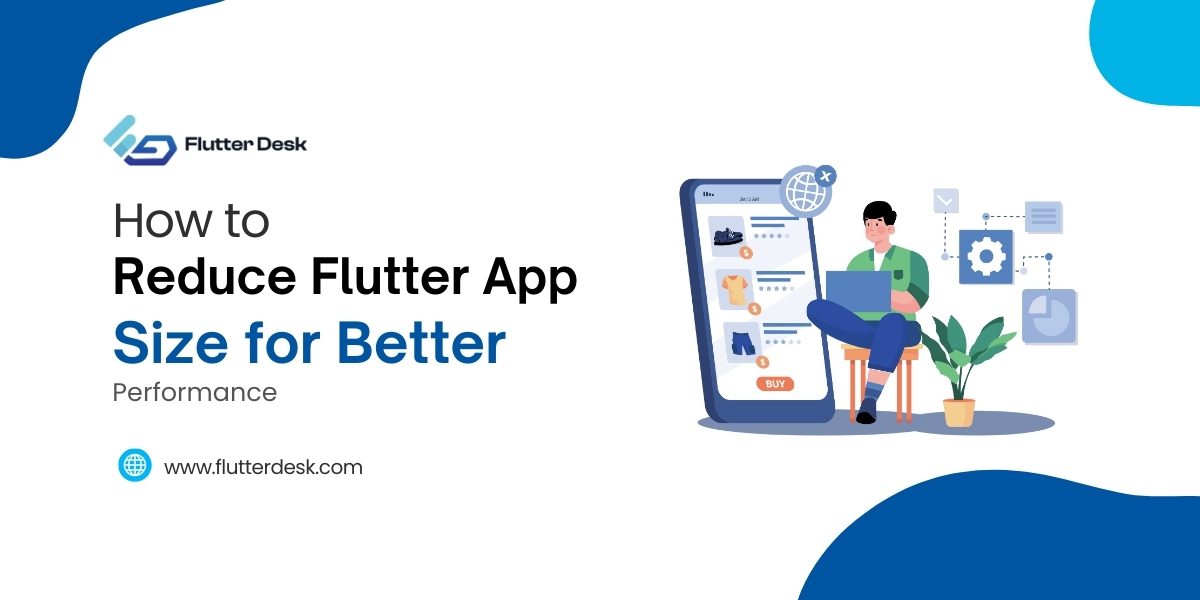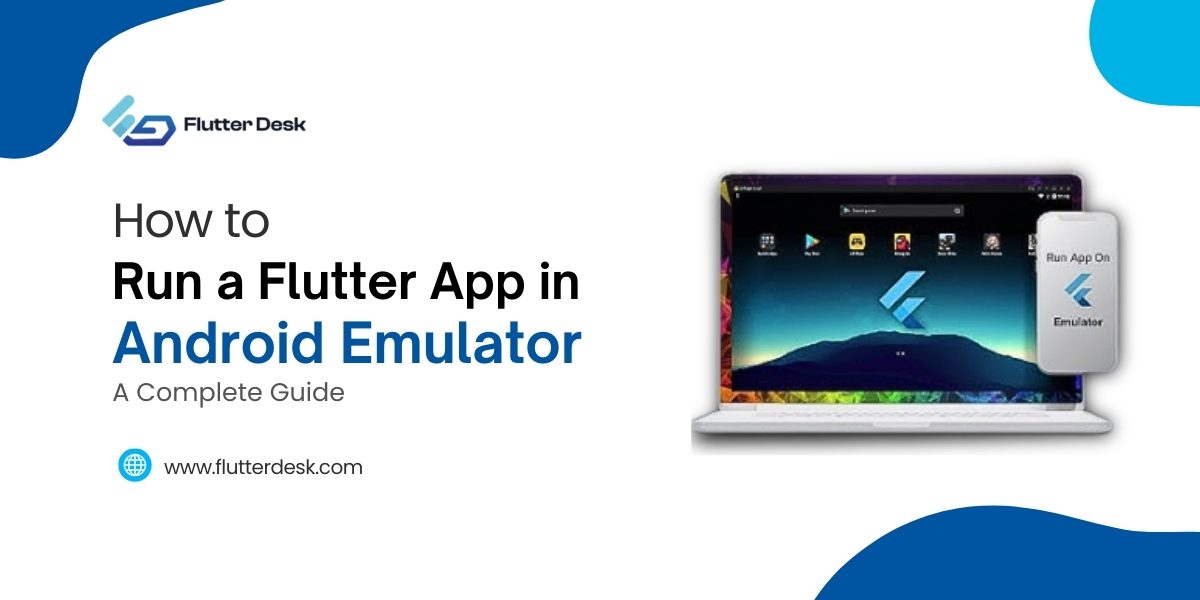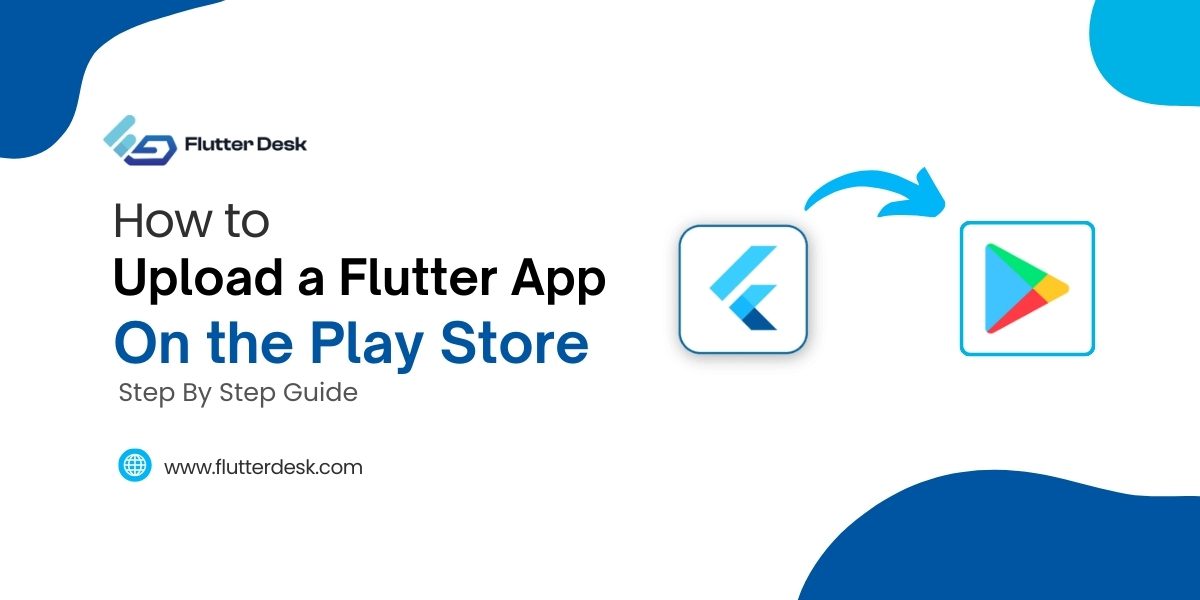Flutter, Google’s open-source UI toolkit, is revolutionizing mobile application development. It enables developers to create natively compiled apps for mobile, web, and desktop from a single codebase, reducing development time and costs.
The extensive Flutter resources, including robust documentation and community support, make it easier to build high-performance apps. The rich set of flutter resources including widget-based architecture and hot reload feature, Flutter allows for rapid prototyping and customization, making it ideal for startups and established businesses.
Whether you’re considering app development for the web or mobile application development flutter, this framework offers unmatched flexibility and efficiency. Its growing popularity in cross-platform development speaks to its effectiveness and reliability.
What is Flutter App Development?
Flutter app development refers to the process of creating cross-platform applications using the Flutter framework. This involves writing code in Dart, leveraging the Flutter SDK to build natively compiled apps for both mobile and web platforms.
The framework’s robust set of tools and widgets allows developers to design high-quality, responsive, and visually appealing user interfaces efficiently.
Features of Flutter
- Hot Reload: Flutter’s hot reload feature allows developers to see code changes instantly without restarting the app. This speeds up development and makes it easier to experiment with new ideas.
- Single Codebase: With Flutter, you can write one codebase that works for both mobile and web platforms. This reduces development time and ensures consistency across different devices.
- Customizable Widgets: Flutter offers a rich set of customizable widgets that can be tailored to match any design. This flexibility enables developers to create visually appealing and unique user interfaces.
- High Performance: Apps built with Flutter are natively compiled, ensuring high performance and smooth animations. This makes Flutter suitable for creating high-quality, responsive applications.
- Strong Community Support: Flutter has extensive documentation and a robust community of developers. The wealth of Flutter resources available helps developers solve problems quickly and build better apps.
What Language Is Used In Flutter?
Flutter uses the Dart programming language developed by Google for building applications. The Flutter SDK relies on Dart to provide a smooth and efficient development experience, enabling the creation of high-performance apps with expressive and flexible UI components. Dart’s ahead-of-time (AOT) compilation ensures that apps built with Flutter are fast and responsive.
Is Flutter A Programming Language?
No, Flutter is not a programming language. It is an open-source UI toolkit created by Google for building natively compiled applications. The programming language used with Flutter is Dart.
Is Flutter A Frontend Or A Backend?
Flutter is a front-end framework. It is used for building the user interface (UI) of applications, allowing developers to create visually appealing and interactive user experiences for mobile, web, and desktop platforms.
Flutter does not handle backend operations directly; instead, it can communicate with backend services and APIs to fetch and display data, ensuring a seamless user experience.
What Is Flutter Used For?
Flutter is used for developing natively compiled applications for mobile, web, and desktop from a single codebase. It is widely recognized for its ability to create high-performance, visually attractive apps quickly, making it a popular choice in mobile application development. The Flutter SDK provides a comprehensive set of tools and resources, including the Flutter UI builder, which simplifies the process of designing and customizing user interfaces.
Its growing community and extensive documentation further enhance its appeal to developers seeking an efficient and unified development platform.
Flutter Advantages And Disadvantages
Flutter Advantages
- Faster Time to Market: Flutter’s streamlined development process allows for quicker launch times for mobile and web applications.
- Consistent UI Across Platforms: Flutter ensures a uniform look and feel across different operating systems, enhancing the user experience.
- Ease of Testing: With a single codebase, testing and quality assurance become simpler and more efficient.
- Active Ecosystem: The growing ecosystem of plugins and packages enhances functionality and reduces development effort.
- Strong Backing by Google: Continuous improvements and reliable support from Google ensure the framework stays updated and robust.
- Flexible Animations: Flutter’s powerful animation libraries allow for the creation of complex, fluid animations with ease.
- Reduced Maintenance Costs: Maintaining and updating a single codebase is more cost-effective compared to managing separate codebases for different platforms.
Flutter Disadvantages
- Limited Third-Party Libraries: Fewer third-party libraries compared to more established frameworks, which can limit functionality.
- Large App Size: Apps built with Flutter tend to have larger file sizes, which can be a disadvantage for users with limited storage.
- Dart Language: Requires learning Dart, a less commonly used language, which may be a barrier for some developers.
- Platform-Specific Features: Accessing platform-specific features can be more complex and may require additional native code.
- UI Consistency: While the Flutter UI builder is powerful, achieving consistent UI across different platforms can sometimes be challenging.
Is Flutter Good For App Development?
Yes, Flutter app development is a good option. Its ability to create high-quality, cross-platform apps from a single codebase, combined with features like hot reload and a rich set of customizable widgets, makes it a strong choice for both startups and established businesses. The framework’s performance and extensive community support further enhance its appeal for efficient and cost-effective app development.
How Much Does A Flutter App Development Cost?
The cost of Flutter app development can vary significantly based on the complexity of the project, the experience of the development team, and the specific requirements of the app. On average, the flutter app development cost ranges from $25,000 to $100,000 for a medium-complexity app.
Factors such as design intricacies, feature sets, and integration with third-party services can influence the overall cost. Hiring experienced Flutter developers and leveraging Flutter’s efficient development process can help manage expenses effectively.
How Much Does It Cost To Hire A Flutter Developer?
The cost to hire a Flutter app developer varies based on experience, location, and project complexity. On average, hourly rates range from $30 to $150. Hiring an experienced developer from regions with lower costs of living can help manage expenses while ensuring quality.
Factors such as project duration, specific skills required, and market demand also influence the overall cost of hiring a Flutter app developer.
Conclusion
Flutter has proven to be a robust and versatile framework for cross-platform app development, offering numerous advantages such as a single codebase, high performance, and strong community support. While it has some limitations, like larger app sizes and a less mature ecosystem, its benefits often outweigh these drawbacks.
Whether you’re looking to build a mobile or web application, Flutter provides a comprehensive solution that can streamline development, reduce costs, and deliver a consistent, high-quality user experience across different platforms.











